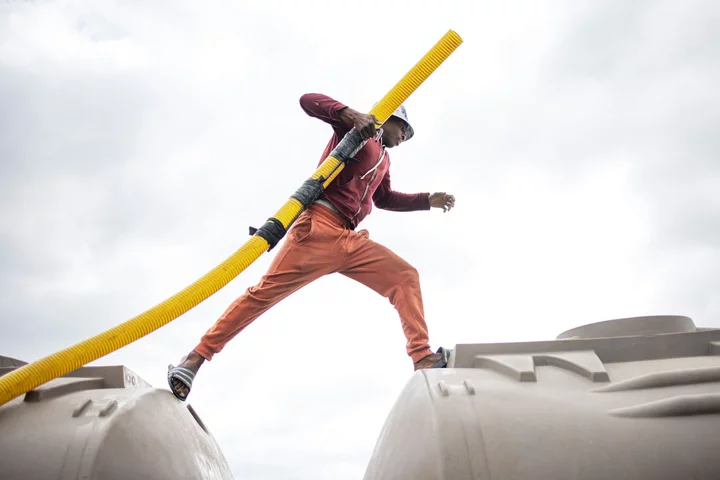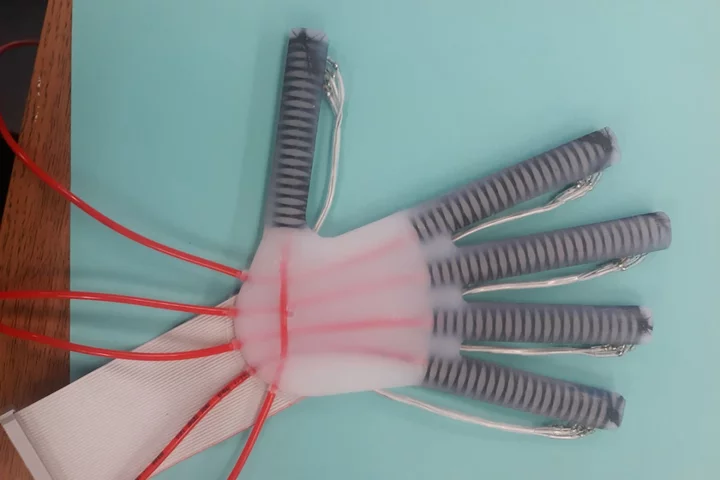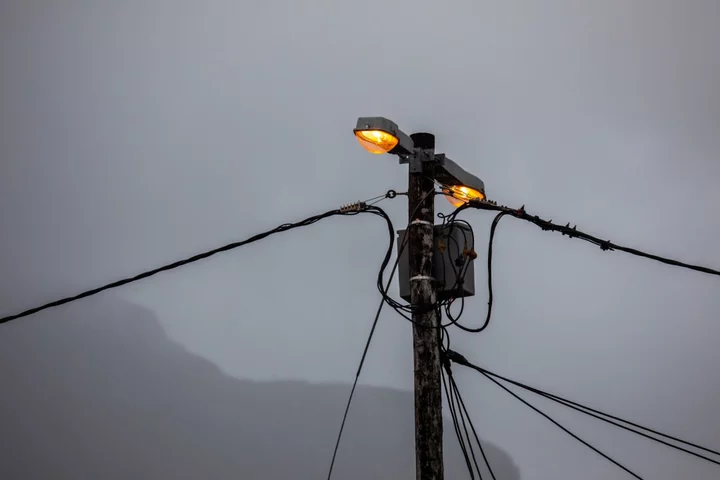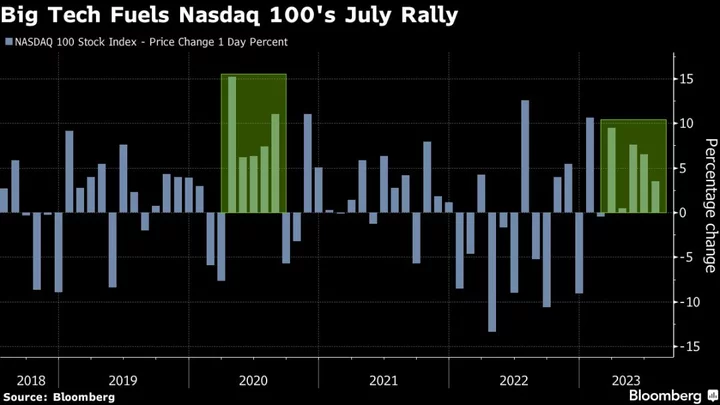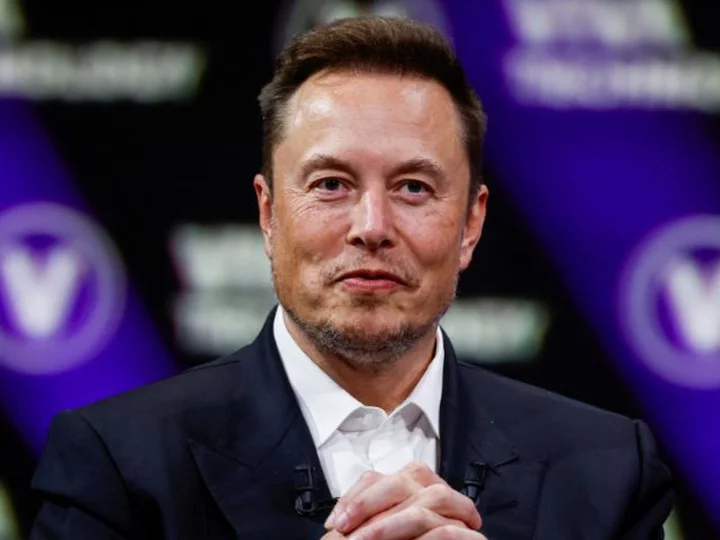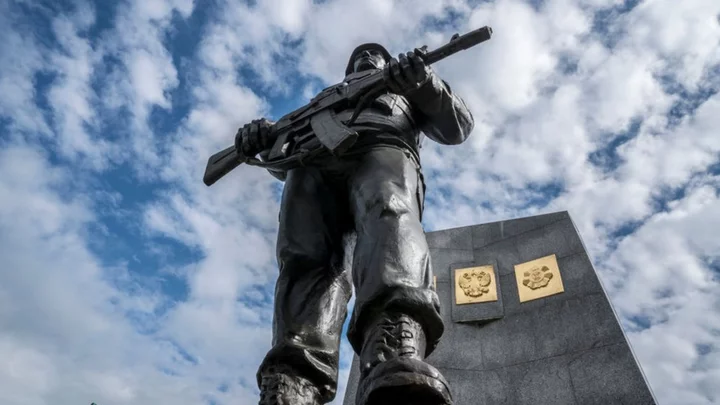A South African state development bank plans to create an almost $1.5 billion water infrastructure fund and is seeking finance from the Green Climate Fund.
The Development Bank of Southern Africa has applied to the South Korea-based GCF for $235 million, according to documentation on the fund’s website. A decision will be made by July 13 at a board meeting of the firm that manages more than $12 billion in assets.
The fund is part of a raft of measures being taken by South Africa’s government as its tries to kick-start its moribund economy by investing in infrastructure projects ranging from power plants and ports to water-supply programs. This week, the DBSA said it will participate in the creation of a $1 billion green hydrogen investment fund.
Years of neglect have left the country suffering power outages on a daily basis, while the quality of water provision has slumped. At the same time the country is trying to make itself more resilient to climate change with much of its territory expected to become hotter and drier over coming decades. Already it’s the fifth-most water scarce nation in sub-Saharan Africa, according to the World Bank.
“The South African water sector needs progressive and innovative approaches to enable adaptation to climate change impacts and ensure a resilient and water secure future,” the DBSA said in the documentation.
Waste-Water, Desalination
The GCF declined to comment.
The DBSA will seek additional funding from private institutions such as banks and asset managers as well as other development finance institutions, the South African government and equity investors in individual projects, Olympus Manthata, head of Climate Finance at the DBSA, said in a emailed response to questions.
The proposed investment amount was determined through a market study on initial projects selected, he said. Funding will be raised at a project level.
The fund, known as the Water Reuse Programme, will initially focus on projects including curbing water losses, treating waste water so that it can be resold for industrial and agricultural use and water desalination plants.
The DBSA applied for $35 million of grants from the GCF to fund project preparation and capacity building and $200 million in the form of a loan that will likely be repaid over more than 10 years. That loan will allow the fund to lend $130 million to public borrowers such as municipalities and $70 million to private companies at concessional rates.
South Africa’s National Treasury and other investors that weren’t identified will match the GCF’s grant and provide a further $2 million to run a Water Partnership Office, which will facilitate private investment in water projects. The Treasury said it will respond to questions later.
The GCF funding is expected to catalyze private sector investment in water projects, and the program is expected to have a budget of $1.47 billion in the form of blended finance, the DBSA said in the documentation. Blended finance is the use of public and private sector capital together to fund projects.
That amount of money could finance an initial 10 projects that would boost daily water supply by 440 million liters and make 3.4 million people more resilient to climate change, the DBSA said. South Africa’s daily per-capita water consumption is about 216 liters, according to the Department of Water and Sanitation.
If the application to the GCF isn’t successful, the DBSA will seek other sources of concessional funding, Manthata said.
A national water plan released in 2019 said 900 billion rand ($49 billion) needs to be spent on water-supply and storage infrastructure by 2030.
(Updates with comments from DBSA climate finance head from seventh paragraph)

